Venue
Aims of the showcase:
- Increase the profile of brain and mental health research
- Create new research collaborations
- Increase student engagement.
We would like to showcase the enormous breath of research ranging from modelling brain disease, applications of brain imaging, brain and mental health; and person-centred research. Invited speakers will be from UQCCR, QIMR-B, HIRF and RBWH.
Final program
Times | Speaker |
|---|---|
900-910 | WELCOME - Dr Helen Brown |
SESSION 1 | Modelling brain diseases Chairs Professor Paul Colditz and Associate Professor Judith Greer |
910-925 | Kirat Chand: Piglets: a translational model of neonatal brain injury |
925-940 | Aakanksha Dixit: Using parasitic worms to treat multiple sclerosis in an animal model |
940-955 | Lotta Oikari: Using patient-derived stem cells for modelling disease-specific changes and drug delivery in dementia |
955-1010 | Martin Lavin: The mitochondrial defect in ataxia-telangiectasia : an approach to therapy |
1010-1030 | MORNING TEA |
SESSION 2 | Applications of brain imaging Chairs Professor Jason Roberts and Dr Helen Brown |
1045-1100 | Graham Galloway: Bedside to Bench – imaging to translate to improved patient outcomes |
1030-1045 | Robert Adam: Neuroimaging in the era of emerging therapies for Alzheimer’s Disease |
1100-1115 | Luca Cocchi: Precision brain network therapeutics |
1115-1130 | Julia Yang: Uncovering a novel therapeutic target to reduce dementia risk in Parkinson’s disease |
1130-1230 | LUNCH |
1230-1240 | Welcome - Professor Geoff McColl |
SESSION 3 | Brain and mental health Chairs Professor Geoff McColl and Professor Pam McCombe |
1240-1255 | Judith Greer: Making a man out of you: personalizing humanized mice for research in multiple sclerosis |
1255-1310 | Julie Wixey: The Newborn Brain: key clinical targets |
1310-1325 | Nadeeka Dissanayaka: Towards improved screening and treatment of dementia and older persons mental health |
1325- 1340 | Zara Ioannides: Multiple sclerosis and the Epstein-Barr Virus: The journey so far |
1340-1400 | AFTERNOON TEA |
SESSION 4 | Person-centred research Chairs Professor Daniel Chambers and Associate Professor Andrew Wong |
1400-1415 | Pam McCombe: The fascination of Neuroimmunology |
1415-1430 | Lata Vadlamudi: Personalised medicine- the era of hope for drug resistant epilepsy |
1430- 1445 | Rob Henderson: Towards Clinical Trials for Neuromuscular diseases |
1445-1500 | John O’Sullivan: Repurposed drugs for neurodegenerative disease |
1500-1530 | Panel Discussion - Advancing brain and mental health research Chair Professor Jason Roberts Panel: Professor Geoff McColl, Professor Daniel Chambers, Professor Pam McCombe, Associate Professor Andrew Wong, Ms. Simone Garske and Professor Paul Colditz CLOSE |
Speakers
 Dr Aakanksha Dixit
Dr Aakanksha Dixit
Title: Using parasitic worms to treat multiple sclerosis in an animal model
Bio: Dr Aakanksha Dixit is an Early Career Researcher in the Neuroimmunology group at UQCCR. Her research focuses on Multiple Sclerosis (MS). She uses pre-clinical models of MS to enhance the translation of new therapeutic approaches for MS to the clinic. Multiple Sclerosis is a chronic inflammatory and demyelinating disease of the central nervous system (CNS) and is the most common non-traumatic cause of acquired chronic neurological disability in young adults in Australia, with a cost to the Australian economy of >$ 2 billion per year. The cause of MS remains elusive, and there is no cure.
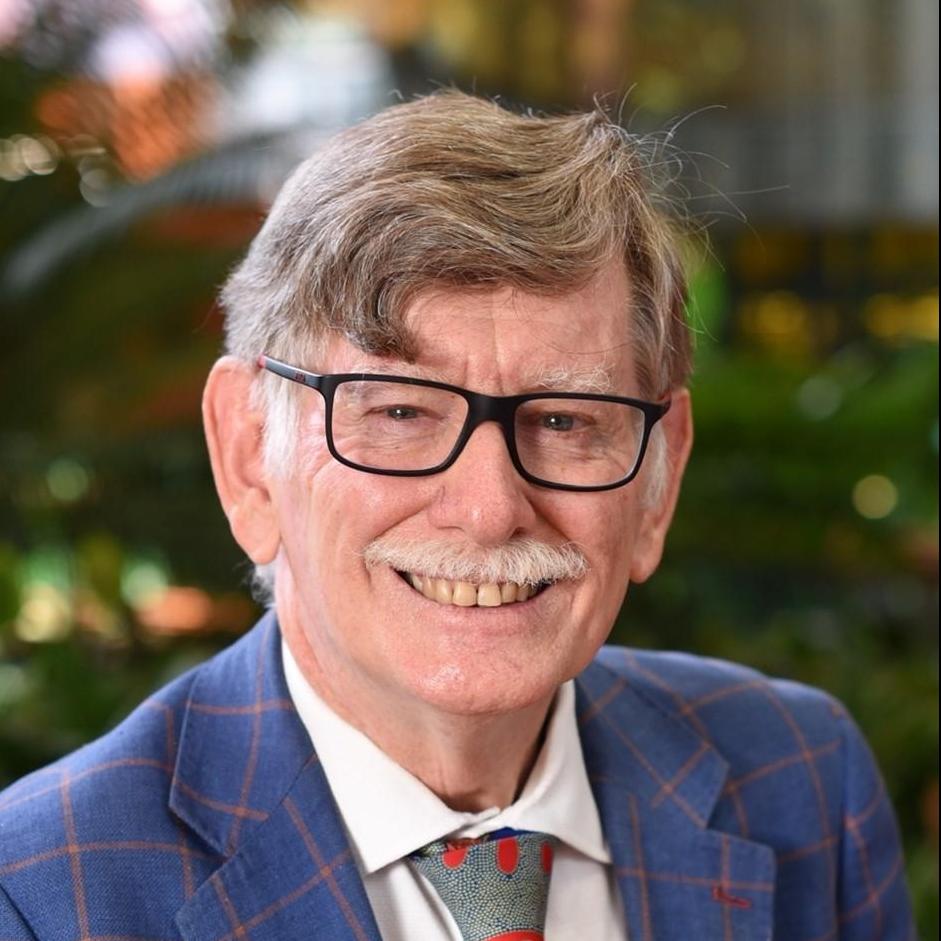 Professor Graeme Galloway
Professor Graeme Galloway
Title: Bedside to Bench – imaging to translate to improved patient outcomes
Bio: Prof Galloway is the Director of the Herston Imaging Research Facility (HIRF) and Director of Imaging Technology at the Translational Research Institute (TRI). He was formerly the Chief Executive Officer of the National Imaging Facility from 2017 until 2021, and continues to engage internationally through Global BioImaging. Prof Galloway’s research is defined by finding innovative solutions to novel problems, of breaking new ground, of pushing the envelope of research using MR. His publications include the first human liver and heart spectra, novel pulse sequences for volume selection and water suppression and the first 3D FSE echo experiments. His role in all projects is characterised by his multidisciplinary background, which ensures that he is able to draw together these apparently disparate threads. He is committed to ensuring medical research is inclusive of all, across ethnic, economic, social and gender boundaries. Theranostics is an exciting new horizon and mental health is a challenge that we must do more to address.
 Associate Professor John O'Sullivan
Associate Professor John O'Sullivan
Title: Repurposed drugs for neurodegenerative disease
Bio: Associate Professor John O’Sullivan is Principal Research Fellow and co-director of the Neurodegeneration Clinical Research Group and the Queensland Drug Repurposing Initiative at University of Queensland Centre for Clinical Research (UQCCR) and Senior Visiting neurologist at the Royal Brisbane & Women’s Hospital.
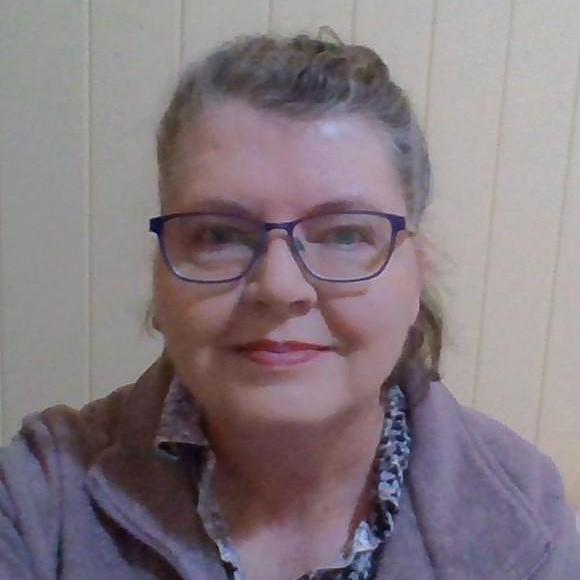 Associate Professor Judith Greer
Associate Professor Judith Greer
Title: Making a man out of you: personalizing humanized mice for research in multiple sclerosis
Bio: Judith Greer is an immunologist with a strong interest in the nervous system and autoimmune diseases affecting the nervous system. She is a graduate of the University of Queensland, having completed her PhD on cancer immunology. She then undertook postdoctoral training at Harvard Medical School in the USA, during which time her interests shifted towards immune responses within the nervous system, an area in which she has worked ever since. She is currently a Principal Research Fellow at the UQ Centre for Clinical Research, located at the Royal Brisbane & Women's Hospital.
Her research is directed particularly towards trying to identify brain components that are targeted by the immune system in people with a variety of disorders, particularly multiple sclerosis (MS), which is traditionally thought to be an autoimmune disease, and also in psychosis, where we are now starting to understand that autoimmune targeting of the brain can play a role in some individuals. She is interested in how the specificity of autoimmune responses within the nervous system relates to the symptoms experienced by patients, and in developing new ways to specifically turn off the damaging immune responses in the brain.
A current focus of her research is to improve on pre-clinical models of MS, so as to enhance the translation of new therapeutic approaches for MS to the clinic.
Judith is also interested in research training, and is the Director of Higher Degree Research Training in the Faculty of Medicine.
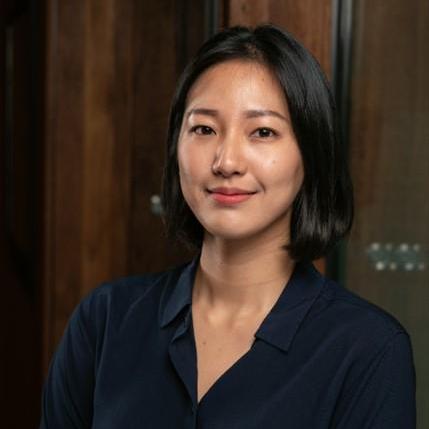 Dr Julia Yang
Dr Julia Yang
Title: Uncovering a novel therapeutic target to reduce dementia risk in Parkinson’s disease
Bio: Dr Julia Yang is post-doctoral research officer at the Dementia & Neuro Mental Health Research Unit at UQCCR. Her area of research focuses on emotional and cognitive dysfunction in older individuals, as well as those with progressive neurodegenerative disease such as Parkinson’s disease and dementia. She is particularly interested in identifying neuroimaging markers that are associated with these conditions. Currently, she is focusing on exploring the use of neuroimaging (fMRI) for drug repurposing clinical trials aimed at improving memory impairment in people living with Parkinson’s disease.
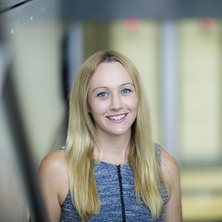 Dr Julie Wixey
Dr Julie Wixey
Title: The Newborn Brain: key clinical targets
Bio: Dr Julie Wixey is a Senior Research Fellow at the Perinatal Research Centre, The University of Queensland Centre for Clinical Research (UQCCR), and an NHMRC Emerging Leadership Fellow. Dr Wixey has developed an independent research program examining mechanisms of brain injury and neuroprotective treatments for fetal growth restriction (FGR) under the mentorship of Professor Paul Colditz. Dr Wixey has 44 peer-reviewed publications in high quality journals (h-index 18) and is ranked in the top 1.2% of published authors worldwide in FGR 2013-2023 (expertscape.com). Over the last 5 years Dr Wixey has obtained >$3.5 million (25 grants) in research funding including NHMRC Project grants, Cerebral Palsy Alliance project grant and multiple Royal Brisbane and Women’s Hospital project grants on perinatal brain injury. In doing so she has attracted national and international clinical collaborators to progress neuroprotective studies in the neonate.
 Dr Kirat Chand
Dr Kirat Chand
Title: Piglets: a translational model of neonatal brain injury
Bio: Dr Kirat Chand is a Research Fellow at the Perinatal Research Centre at The University of Queensland Centre for Clinical Research (UQCCR). His field of expertise include the establishment of synaptic connections, neurodevelopment and cellular changes associated with injury in the neonatal brain. His current work investigates the evolution of brain injury in fetal growth restricted newborns (FGR) with a particular interest in understanding mechanisms to develop better detection and treatment strategies for FGR newborns. FGR is the second leading cause of perinatal morbidity and mortality, with around 32 million babies born FGR globally each year. FGR is commonly caused by placental insufficiency, resulting in an inadequate supply of oxygen and nutrients to the foetus. The brain is particularly vulnerable to FGR conditions and adverse outcomes in these children range from mild learning difficulties, to neurobehavioral issues, and in some cases cerebral palsy. Currently there are no interventions available to protect the FGR brain. Using the pre-clinical pig model of FGR, we are able to examine alterations to white and grey matter regions of the newborn brain, with the aim of developing appropriate therapeutic strategies to aid this vulnerable population.
 Associate Professor Lata Vadlamudi
Associate Professor Lata Vadlamudi
Title: Personalised medicine- the era of hope for drug resistant epilepsy
Bio: Associate Professor Lata Vadlamudi is a Senior Staff Specialist in Neurology at the Royal Brisbane and Women’s Hospital; Epileptologist within the Comprehensive Epilepsy Program; Metro North Clinician Research Fellow; and Neurosciences Theme Leader at the University of Queensland Centre for Clinical Research.
Clinical interests include integrating genomics into clinical care and management of women with epilepsy in the childbearing ages through to menopause. Current research projects include developing patient-specific brain organoid models to personalise epilepsy care and a current Medical Research Future Fund (MRFF) stem cell therapies mission entitled Personalising Epilepsy Regimes with Stem cells and artificial Intelligence models for Superior Treatment outcomes (PERSIST); genomic and epigenomic studies in epilepsy, with a particular interest in twin studies.
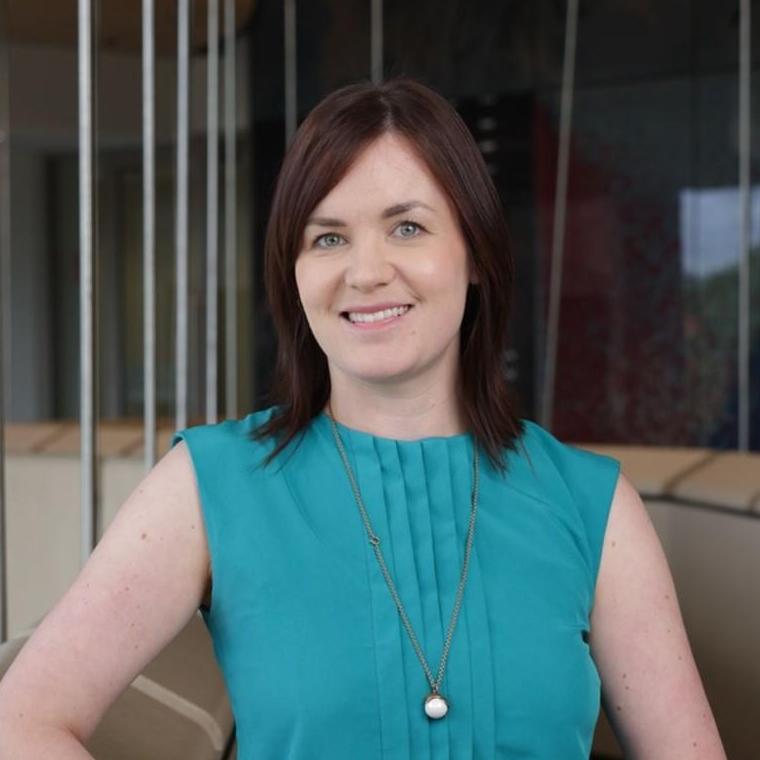 Dr Lotta Oikari
Dr Lotta Oikari
Title: Using patient-derived stem cells for modelling disease-specific changes and drug delivery in dementia
Bio: Dr Lotta Oikari obtained her BSc (2011) and MSc (2012) degrees at University of Turku, Finland, after which she was awarded a higher-degree researcher scholarship to undertake PhD studies at Queensland University of Technology, Brisbane, under the supervision of A/Prof Larisa Haupt. Her PhD focused on investigating the roles of proteoglycans in human neural stem cell differentiation, during which she made several novel discoveries of the functions of proteoglycans in human neurogenesis. Following her PhD studies (2016), Dr Oikari started as a post-doctoral researcher in Associate Professor Anthony White’s Cellular and Molecular Neurodegeneration group at QIMR Berghofer, Brisbane, using patient-derived induced pluripotent stem cells (iPSCs) to model neurodegenerative diseases. During this work, Dr Oikari started a new line of research developing patient-derived blood-brain barrier (BBB) models to investigate disease-specific changes in the BBB in Alzheimer’s disease and other neurodegenerative disorders and established a key collaboration with Prof Jürgen Gӧtz (QBI, UQ) to investigate focused ultrasound-mediated drug delivery across BBB in vitro models. Dr Oikari has since led the BBB research program in A/Prof White’s lab with her contribution to the research she leads recognised through a recent promotion to Senior Research Officer.
 Dr Luca Cocchi
Dr Luca Cocchi
Title: Precision brain network therapeutics
Advances in psychiatry have been slow, with few new effective treatments developed for decades. Thus, there is a pressing need to understand the brain basis of mental illness and develop safe and effective treatments. I will start by presenting how human brain connectomics has advanced our knowledge of brain functions in health and disease. I will then showcase how knowledge acquired via this research can inform the development of new therapies for symptoms of mental illness. I will exemplify these translational opportunities by highlighting a new robotically-delivered connectomics-guided transcranial magnetic stimulation therapy for refractory depression.
Bio: Luca obtained his PhD in Neuroscience at the University of Lausanne and Geneva (Switzerland) in 2007. Following postdoctoral training at the Melbourne Neuropsychiatry Centre (University of Melbourne) and the Queensland Brain Institute (University of Queensland), Luca joined QIMR Berghofer in 2016 and started the Clinical Brain Networks group in 2018. Luca's research focuses on understanding how functionally specialised brain regions communicate, how that communication breaks down in mental illness, and how neuromodulation therapy to restore that communication can be made more predictable, efficient and effective. Advances from this research program have resulted in the establishment of a pioneering not-for-profit clinical centre offering neuroimaging-guided and robotically-delivered brain stimulation (Queensland Neurostimulation Centre).
 Professor Martin Lavin
Professor Martin Lavin
Title: The mitochondrial defect in ataxia-telangiectasia : an approach to therapy
Bio: The major focus of Professor Lavin’s research has been on the importance of DNA damage response in minimising genetic instability and cancer. He has established an international reputation for his work on the human genetic disorder ataxia-telangiectasia (A-T) supported by impact on the field as measured by standard of publication, capacity to attract funding and number of invitations to international and national conferences. His group were part of the international team led by Dr Yosef Shiloh that cloned the ATM gene; cloned and expressed full-length cDNA for ATM;identified several ATM substrates including c-Abl,p53 and BLM ;developed an assay system to distinguish pathogenic missense mutations in the ATM gene from rare variant polymorphisms associated with breast cancer; generated the first ATM “knock-in” mutant mouse and the first to produce an animal model for cancer predisposition for carriers of the ATM gene.More recently his group produced knockout and missence mutant rat models for A-T that neurological abnormalities and demonstrated that A-T cells are characterized by abnormal endoplasmic reticulum-mitochondrial signaling in response to nutrient stress.This observation has been the basis for a clinical trial on patients with A-T through the A-T Clinic in Brisbane.
 Associate Professor Nadeeka Dissanayaka
Associate Professor Nadeeka Dissanayaka
Title: Towards improved screening and treatment of dementia and older persons mental health
Bio: A/Prof Nadeeka Dissanayaka is an internationally recognised leader in Ageing, Mental Health and Neurodegenerative disease research, with 15+ years of experience conducting large-scale clinical research. She is a NHMRC Boosting Dementia Research Leadership Fellow, and is founder and director of the Dementia and Neuro Mental Research Unit at University of Queensland Centre for Clinical Research (UQCCR). She holds a publication record of 80+ publications, has attracted over $5.5 million grant funding (96% CIA) including 3 fellowships and 2 large MRFF grants, and has trained 95+ postgraduates in research. Under her supervision, 21 students have completed thesis, and 48 clinical psychology postgraduate interns have been involved in her research. She received the UQCCR Outstanding PhD supervisor Award in 2020. Fostering leadership in early to mid- career dementia researchers, A/Prof Dissanayaka co-chairs the Australian Dementia Research Network Early to Mid- Career Researcher Accelerator Group. Community engagement is central to A/Prof Dissanayaka’s work. She established and leads the UQCCR Consumer and Community Involvement Committee and directs the UQ Dementia Friendly Initiative. She is also a member of the Faculty of Medicine Consumer Involvement in Research Working Group. In recognition of her engagement with the community, she received the Lions Medical Research Foundation Prof Ian Frazer Humanitarian Award in 2019. A/Prof Dissanayaka has established collaborations and partnerships with 50+ institutes, health services, aged care and technology industry, and community organisations in Australia and worldwide. A/Prof Dissanayaka received the UQCCR Outstanding Mid-Career Researcher Award and UQ Faculty of Medicine Future Leaders Award in 2021.
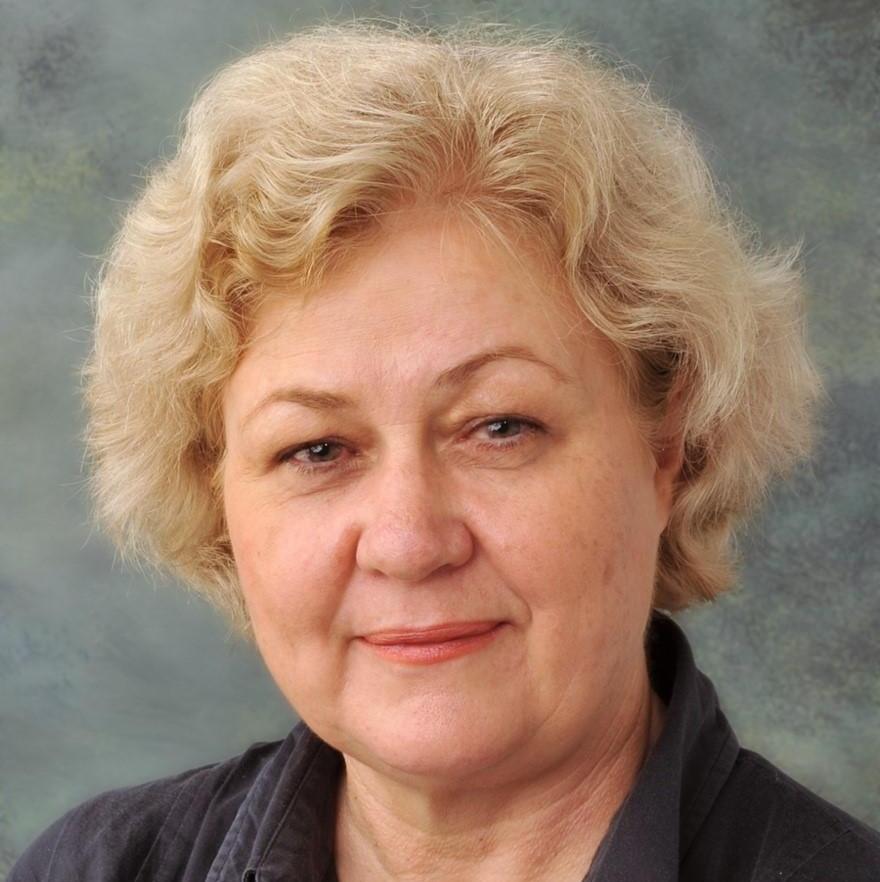 Professor Pam McCombe
Professor Pam McCombe
Title: The fascination of Neuroimmunology
Bio: Dr Mccombe is a neurologist at RBWH and Professor in the Faculty of Medicine of the University of Queensland. Her research interest is in the field of neuroimmunology, both in how the immune system causes disease of the nervous system, and more recently in how the immune system might contribute to recovery from damage. Much of her work in neuroimmunology has been done in the fields of multiple sclerosis and in neuromuscular disorders. In multiple sclerosis she has been interested in the regulation of inflammation. Her interest in neuromuscular diseases led to studies of myotrophic lateral sclerosis, both in neurophysiology and in immunology. An overarching theme of her work has been an interest in how gender and pregnancy influence diseases of the nervous system.
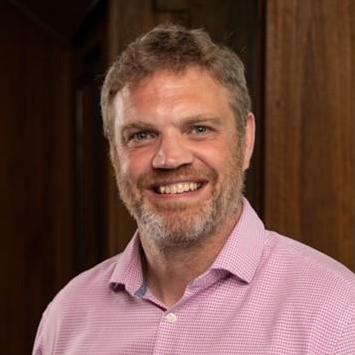 Dr Rob Adam
Dr Rob Adam
Title: Neuroimaging in the era of emerging therapies for Alzheimer’s Disease
Bio: Rob Adam is a behavioural neurologist with interests in cognition and movement disorders. He is clinical lead for deep brain stimulation at The Royal Brisbane & Women's Hospital, and Senior Lecturer and Clinical Trials Specialist at UQCCR. He is clinical lead for the PISA study and ADNET screening and trials in Queensland. He was principal investigator in 2 Phase 1b/2a clinical trials of novel antisense oligonucleotides for Huntington's Disease, PRECISION-HD1 & 2 and their open label extensions. Current trials include studies of simufilam for Alzheimer’s Disease, Sodium Selenate in bvFTD, n-Acetylcysteine and SAGE-718 in Huntington’s Disease.
Dr Adam was trained in the US (NYU Medical Centre), UK (National Hospital for Neurology & Neurosurgery in Queen Square, UCLH, Cambridge University Hospitals) and Australia (Royal North Shore and Westmead Hospitals, Sydney). His PhD (UCL 2014) Thesis, "Dopamine and Oculomotor Decisions In Health & Disease", investigated the use of eye movement recordings during behavioral tasks to monitor decision making in patients with focal lesions, Parkinson's disease, impulse control disorders and healthy volunteers both under the influence and without the effects of dopaminergic modulators.
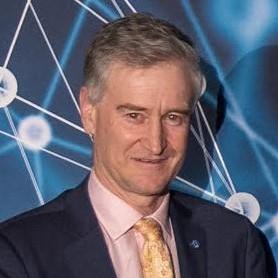 Associate Professor Rob Henderson
Associate Professor Rob Henderson
Title: Towards Clinical Trials for Neuromuscular diseases
Bio: Dr Robert Henderson is a clinical neurologist and academic with research focused on neurodegenerative diseases, particularly motor neuron disease/amyotrophic lateral sclerosis (MND/ALS). He has been involved in neurology training, supervision, and mentorship, supervised numerous clinical neurology advanced trainees at the Royal Brisbane & Women’s Hospital (RBWH), and additionally co-supervised 7 combined Movement Disorder and Neuromuscular Fellows, 4 PhD and 2 MPhil students in the areas of stroke and MND.
With Professor Pam McCombe he established and coordinate the MND Clinic at the RBWH which conducts investigator-driven research into biomarkers of disease progression and links with CCR and other UQ structures. Current investigator-driven projects are examining biomarkers in MND (clinical, imaging, blood and urine and electrophysiological), assessment of disease progression, examining metabolic factors and novel muscle proteins as well as the genetic link between MND and fronto-temporal dementia, along with a study investigating the cause of chemotherapy-induced peripheral neuropathy. I believe in collaborative research with links to many co-collaborators within UQ, QUT, nationally and internationally.
 Dr Zara Ioannides
Dr Zara Ioannides
Title: Multiple sclerosis and the Epstein-Barr Virus: The journey so far
Bio: Zara is a senior lecturer at The University of Queensland and consultant neurologist at the Royal Brisbane and Women’s Hospital. Zara qualified as a neurologist in 2014 and was awarded a Master of Philosophy from the School of Medicine at UQ in 2018. Zara has a special interest in multiple sclerosis and sees patients at the RBWH MS clinic and in private practice. Zara has been a member of the MS research team at UQ since 2014 and lead investigator in clinical research involving EBV-specific T cell therapy in MS since 2021.
